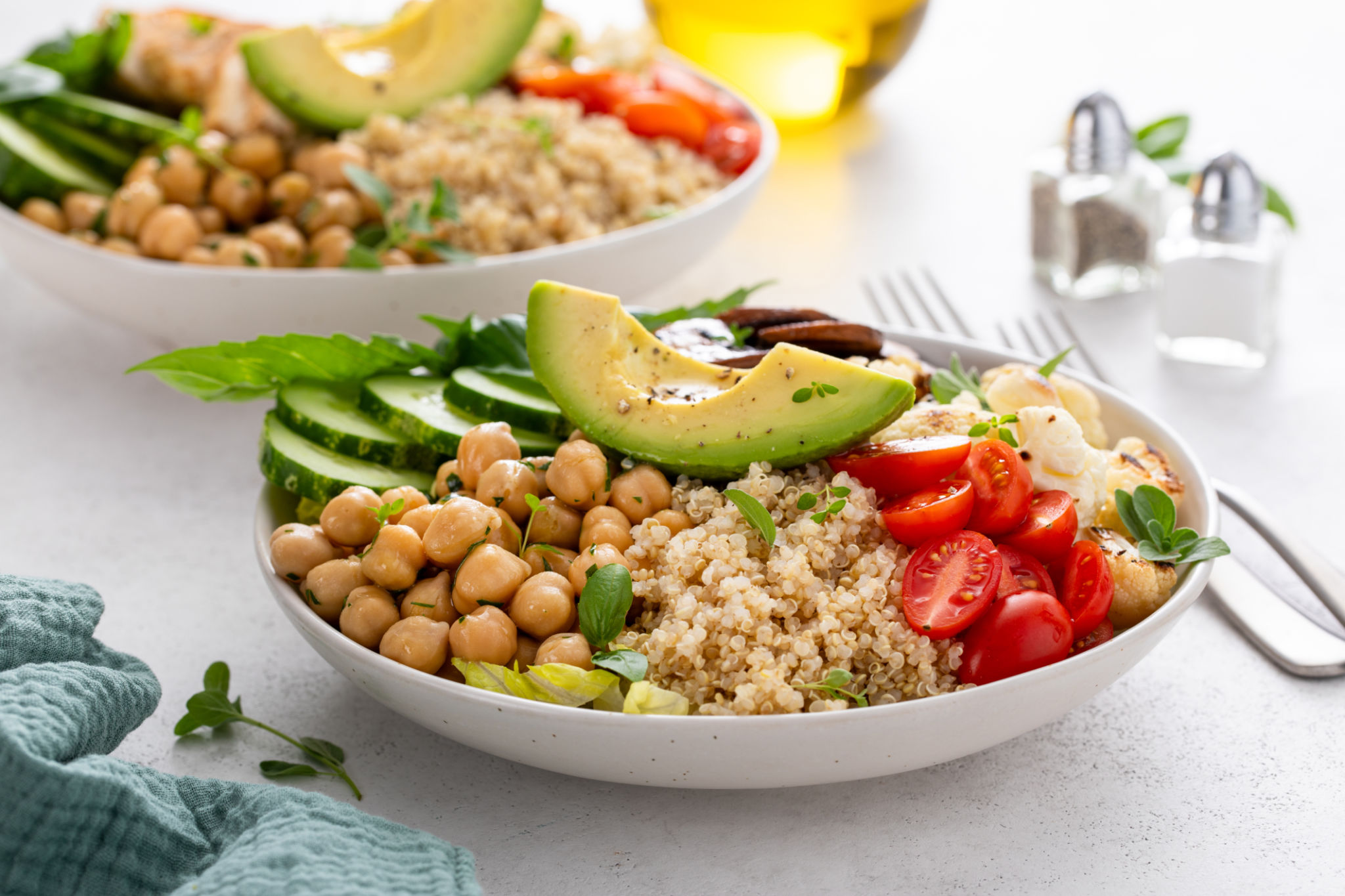Debunking Vegan Diet Myths: Common Misconceptions Explained
Understanding the Vegan Diet
The vegan diet has gained immense popularity in recent years, but with its rise have come numerous misconceptions. Understanding what a vegan diet truly entails is essential for anyone considering this lifestyle or simply wanting to be informed. In essence, a vegan diet excludes all animal products, including meat, dairy, and eggs. Instead, vegans focus on plant-based foods such as fruits, vegetables, grains, nuts, and seeds.

Myth 1: Vegans Don't Get Enough Protein
One of the most common myths surrounding the vegan diet is the idea that it's impossible to get enough protein without consuming animal products. This couldn't be further from the truth. Many plant-based foods are rich in protein. Foods like lentils, chickpeas, tofu, and quinoa are excellent sources of plant-based protein. In fact, a balanced vegan diet can easily meet the protein needs of most individuals.
It's important to note that the recommended daily intake for protein can be met through a variety of plant-based combinations. For instance, pairing beans with rice creates a complete protein profile, ensuring you get all the essential amino acids your body needs.
Myth 2: Vegan Diets Are Nutrient Deficient
Another misconception is that vegan diets lack essential nutrients. While it is true that a poorly planned vegan diet can lead to deficiencies in nutrients such as vitamin B12, iron, calcium, and omega-3 fatty acids, a well-planned vegan diet can provide all the necessary nutrients. Supplements and fortified foods can help fill any nutritional gaps.

Many plant-based foods are rich in vitamins and minerals. For example, leafy greens like spinach and kale are high in calcium and iron, while flaxseeds and chia seeds are excellent sources of omega-3 fatty acids. With the right planning, vegans can maintain a nutritionally balanced diet.
Myth 3: Vegan Diets Are Expensive
There is a perception that maintaining a vegan diet is costly. However, this largely depends on how you choose to approach it. While specialty vegan products and substitutes can be expensive, focusing on whole foods such as grains, legumes, and seasonal produce can make a vegan diet quite affordable.
A little creativity in meal planning can go a long way in reducing costs. Buying in bulk and utilizing local farmers' markets can also help keep expenses down while providing fresh and nutritious options.

Myth 4: Vegan Diets Are Unsatisfying
Another common myth is that vegan meals are bland or unsatisfying. On the contrary, vegan cuisine is incredibly diverse and flavorful. With an abundance of spices, herbs, and global culinary influences, vegan meals can be just as satisfying as any non-vegan dish.
Experimenting with various cooking techniques and ingredients can lead to delicious meals that satisfy even the most discerning palates. From hearty stews to vibrant salads and indulgent desserts, the possibilities are endless.
The Benefits of a Vegan Diet
Despite these myths, it's important to highlight the potential health benefits of a vegan diet. Research has shown that a well-planned vegan diet can contribute to lower cholesterol levels, improved heart health, and reduced risk of certain chronic diseases. Additionally, many people find that adopting a vegan lifestyle aligns with their ethical and environmental values.
Ultimately, understanding and debunking these common myths can help foster a more informed perspective on veganism. Whether you're considering making the switch or simply supporting friends or family members who are vegan, recognizing these misconceptions is key to appreciating the full scope of the vegan diet.
